No student knows his subject: The most he knows is where and how to find out the things he does not know
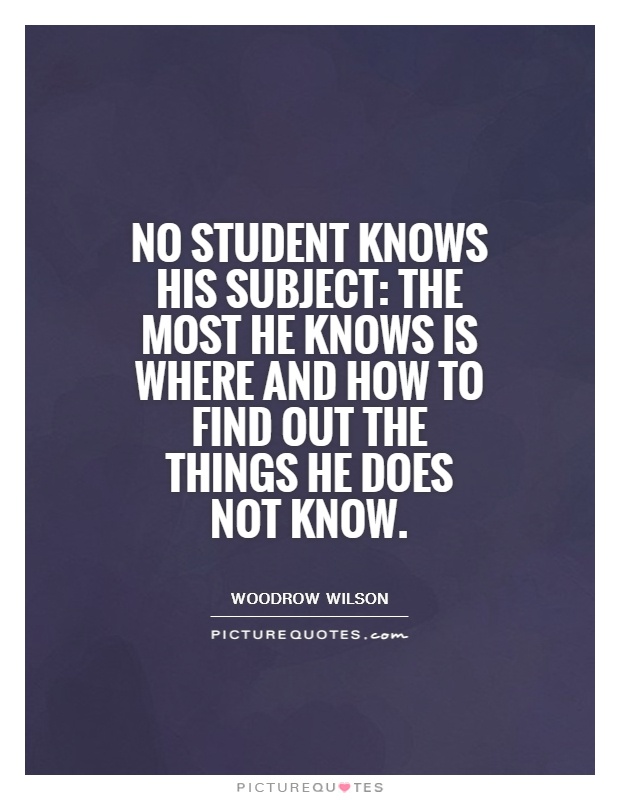
No student knows his subject: The most he knows is where and how to find out the things he does not know
Woodrow Wilson, the 28th President of the United States, was a firm believer in the idea that no student truly knows his subject. He understood that knowledge is vast and constantly evolving, and that it is impossible for any one person to have a complete understanding of any given topic. Instead, Wilson believed that the most important skill a student could possess was the ability to know where and how to find the information they needed to fill in the gaps in their knowledge.Wilson's own life and career exemplified this belief. Before becoming President, Wilson was a respected scholar and educator, serving as the President of Princeton University and later as the Governor of New Jersey. Throughout his academic and political career, Wilson demonstrated a deep commitment to learning and a willingness to seek out new information and perspectives.
Wilson's belief in the importance of seeking out knowledge from a variety of sources was reflected in his approach to governance. As President, Wilson was known for his willingness to consult with experts and advisors from a wide range of backgrounds and disciplines. He understood that no one person could have all the answers, and that the best decisions were made when a diverse group of voices and perspectives were taken into account.
Wilson's belief in the importance of seeking out knowledge also had a profound impact on his approach to foreign policy. During his presidency, Wilson worked tirelessly to promote peace and cooperation among nations, and he was a key architect of the League of Nations, an international organization designed to prevent future conflicts. Wilson understood that in order to address the complex challenges facing the world, it was essential to draw on the expertise and insights of people from around the globe.

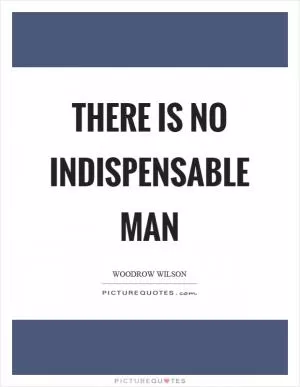

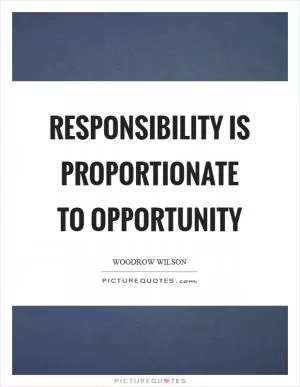


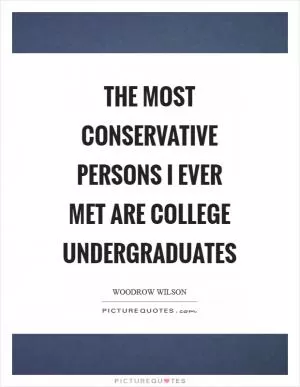

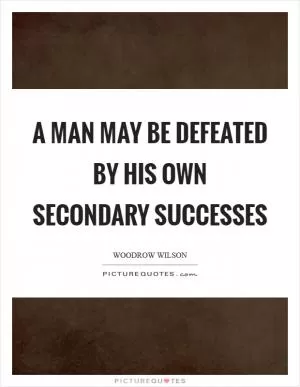



 Friendship Quotes
Friendship Quotes Love Quotes
Love Quotes Life Quotes
Life Quotes Funny Quotes
Funny Quotes Motivational Quotes
Motivational Quotes Inspirational Quotes
Inspirational Quotes